The «Petrolitio» is born, the lithium extracted from residual water from the oil
The Canadian company of Vancouver MGX Minerals has proposed to lead the production of ‘ petrolitio ‘, combining oil for conventional vehicles with lithium for electric vehicles produced from wastewater from oil fields. The water is produced as part of the oil extraction process and contains lithium carbonate, a key material for the manufacture of lithium-ion batteries, which MGX Minerals expects to be able to obtain commercially later this year.
Last month the company announced that it had processed wastewater and two-mine lithium brine and six oil and gas fields in North America, utilizing a pilot plant capable of handling one cubic metre of water per hour.
Independent tests of lithium and other minerals extracted, together with the purity of the resulting water, are expected to occur in the next three weeks, according to the director general of MGX, Jared Lazerson, to GTM. «We are currently in talks with many oil and gas companies for the use of their waters, in addition to our own operations in Utah,» he said.
MGX already has customers ready to buy «anything we can produce in the foreseeable future,» he said. «The demand for lithium compounds is now extraordinary, and there is a great opportunity.»
The cost of extracting the lithium from the wastewater will depend on the source. At present, MGX can remove the oil and other contaminants from the water at a cost of about 1 dollar per barrel, and extract the lithium and other minerals from this for the same cost, according to Lazerson.
Over time, MGX should be able to improve the recycling of the reagents it uses, and reduce the cost in half, he said. This would make the process competitive with conventional production in the «lithium triangle» of Bolivia, Argentina and Chile.
In addition to the cost competitiveness, the MGX process offers two other advantages. One is that it converts wastewater into clean water as a by-product, which «provides a significant benefit» even though it is added to the cost, Lazerson said.
The other advantage is that lithium can be extracted from oil field brine in just a few days. Very little time if compared to 18 months or so it is needed to produce lithium through solar evaporation, which Lazerson said was the most common method of extraction at present.
MGX claims that it can recover almost 70% of lithium’s wastewater in oil using its process, and «This will continue to improve,» Lazerson said. For magnesium, the rate is already 99%, he said, noting that the high level of recovery of other minerals would result in lithium with few impurities.
And while the petrochemical extraction is expected to decrease in the future due to the electrification of transport being introduced by Li-ion batteries, «oil exploration and production will remain an important part of the energy sector.» World in the next few decades, «said Lazerson.
«We don’t expect a shortage of oil fields to partner to extract Petro-lithium at any time in the future,» he said. «That said, our process can also be applied to inefficient wells where the lithium portion of the equation makes the wells profitable again.»
If successful, the MGX process will add to a growing arsenal of methods dedicated to shoring up lithium supplies for the electric vehicle and the stationary storage battery industries.
Although most lithium supplies currently come from some mining explotacones in Australia and Latin America, other players seek to expand the market by processing reserves that are ignored by the industry.
In Australia, for example, Lithium Australia (formerly copper Montana) has developed a process to obtain the element from lithium micas, which are relatively common but are not used by traditional mining.
Given the eagerness to develop new lithium sources, analysts do not anticipate significant supply-side challenges. Colin McKerracher, Bloomberg New Energy Finance has said that there may be some problem with lithium supply in the coming years, but in the long run, even with rapid growth of the electric vehicle market, only a fraction of the World Lithium Reserves «. «We believe there will be enough new offer to meet the demand,» he concluded.
Source: The Energy Newspaper.
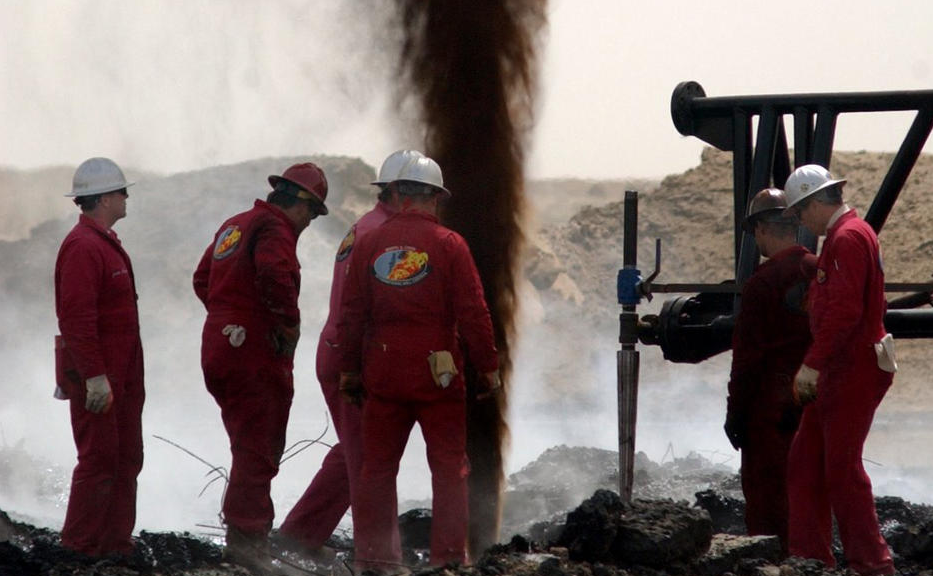










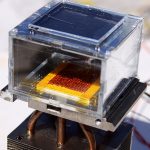





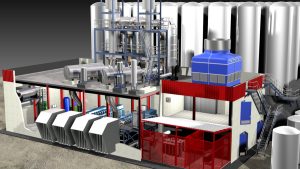
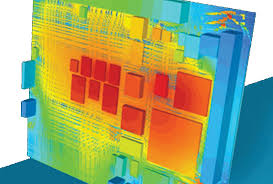
No Comments